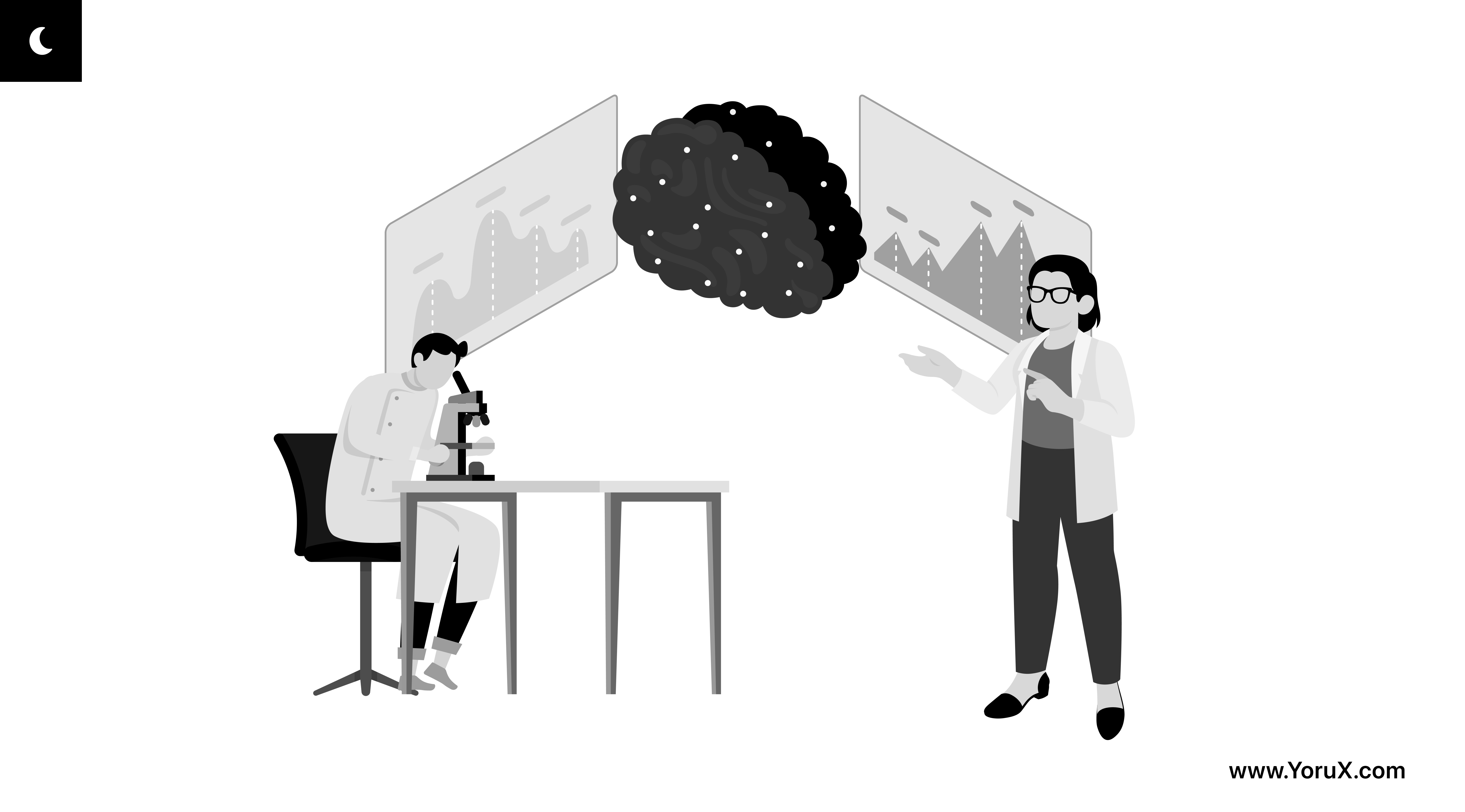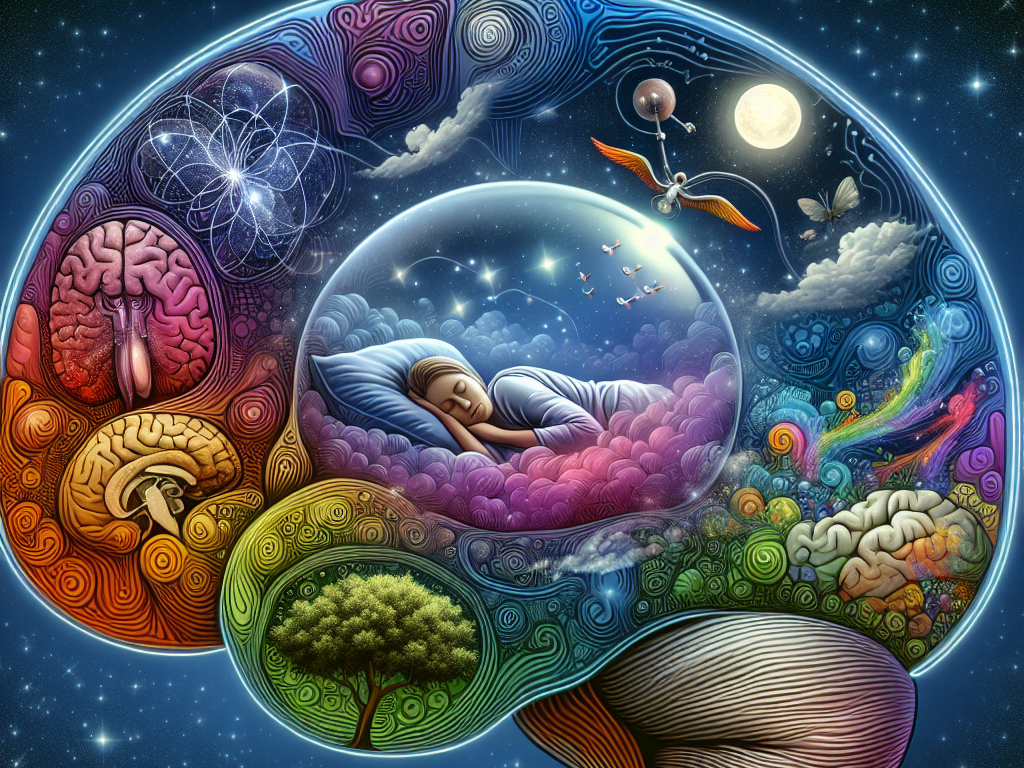
Back in ancient times, philosophy was the pinnacle of human thought. It was an era in which the scientific method did not exist yet, thus thinking about the nature of reality was the only way of acquiring knowledge about the world.
Even though it wasn’t the best way to advance technology, one could argue that it certainly led to much more ethically and spiritually developed societies. After all, there’s no feasible way to study ethics, morality, and various aspects related to it using science – the conversation can neither progress nor arrive at any valuable conclusions. There’s also little to no place for concepts such as dreams for the hard science partisans.
Ever since the scientific method caught the attention of various intellectuals, we have seen an enormous amount of technological development. But the price we paid for it was the rapidly declining interest in the values and concepts we can’t objectively measure.
Some might even argue that we’re a lot less knowledgeable about what it means to be a decent human being than we did thousands of years ago. For all its merits, the scientific method can’t tackle the issues of being and spirituality. And it’s certainly no accident that individuals struggle to find their place in the world more and more.
The study of dreams
When psychology was just starting to develop, it quickly fell into the trap of using the scientific method to study the human mind. The behaviorists went as far as to suggest that every internal process of the psyche should be ignored as they can’t be objectively measured.
Luckily, other pioneers in psychology quickly realized that this was not a useful method to utilize in the field. S. Freud and C. G. Jung paid immense attention to peoples’ inner lives, especially dreams. And even though Freud regarded dreams as nothing more than repressed sexual fantasies, at least it was a step in the right direction with regard to studying the human mind.
On the other hand, Jung saw much more meaning in dreams than his colleague. The divide between the two intellectuals was widening with each passing year, up until the point Jung separated from his mentor completely. Freud stuck to the scientific perspective much more than his young colleague did – even if he were to think there’s much more to the dream world than meets the eye, he would never dare to admit it publicly in fear of ridicule by the scientific community.
Jung had no such fears. He knew in his heart that studying the concept of dreams and human nature was a task far greater than the tools of science could ever handle. In his attempts to tackle humanity’s collective being and the hidden corners of unconsciousness, he turned to ancient mythologies, religions, and rituals.
Jung figured it was no accident that those civilizations survived for hundreds, even thousands of years.
People back then were not stupid by any means, and we would be ignorant to assume otherwise. Sure, the superstitions of that period may seem rather bizarre for a modern human, yet they paved the way for our survival and development.
Upon this realization, Jung took it upon himself to extract the wisdom that layed deep within the cultures we grew out of as well as in each of our minds.
Dreams were a substantial part of Jung’s interests. Not only did he thoroughly analyze each dream his clients brought up in therapy, but he also paid immense attention to the dreams of his own. Later in life, Jung frequently spent his afternoons “daydreaming,” which was a lot closer to lucid dreaming. He would derive meaningful insights from these conscious dream voyages and wrote many books from the knowledge he gained.
Time did not treat the ideas Freud and Jung had about dreams kindly. It’s understandable in Freud’s case as his belief of dreams being purely the product of our perverted minds came from the cultural framework of the time rather than careful scientific observation. Even though we still call him the father of psychology, his interpretation of dreams is regarded as vastly outdated and is studied through the lens of history rather than psychology.
On the other hand, Jung’s ideas were treated as religious superstitions rather than anything meaningful, profound, or based in science.
Here lies the problem. As we’ve discussed earlier, science fails to tackle the issues it can’t objectively measure – and dreams are no different. The scientific agreement of today is that dreams have no underlying meaning behind them and should be ignored completely. If you’ve been paying attention, it sounds very similar to what the behaviorists believed when they decided to ignore the human mind – and that idea did not farewell.
The suggestion that our dreams are nothing more than mindless gibberish falls short in explaining the true meaning behind them. Lucid dreams, in particular, are a fascinating subject. Many ancient cultures saw them as spiritually profound and derived lots of meaningful insights from them.
The current period could be regarded as the renaissance of lucid dream research. However, studying them is not an easy task. As we’ve mentioned before, scientific research relies heavily on objectively measured indicators and regards data gathered from individual experience as unreliable at best.
If you ever had a lucid dream, you know that the subjective experience while consciously dreaming is the bread-and-butter of the phenomenon.
If it is deemed unreliable to derive any scientific conclusions, there’s little utility in trying to understand lucid dreams through such a lens.
On the other hand, one must not fully comprehend something in order to find meaning and value in it. There’s no reason to rely on hard scientific evidence for the existence and benefits of lucid dreams – the testimony of millions of lucid dreamers around the world should be more than enough to convince you that conscious dreams are one of the best experiences and that it is worth pursuing them.
Hopefully, with the help of YoruX, you will.


.png)

